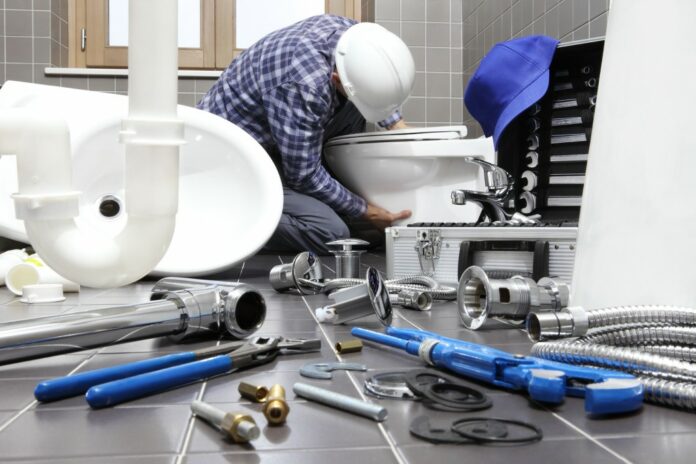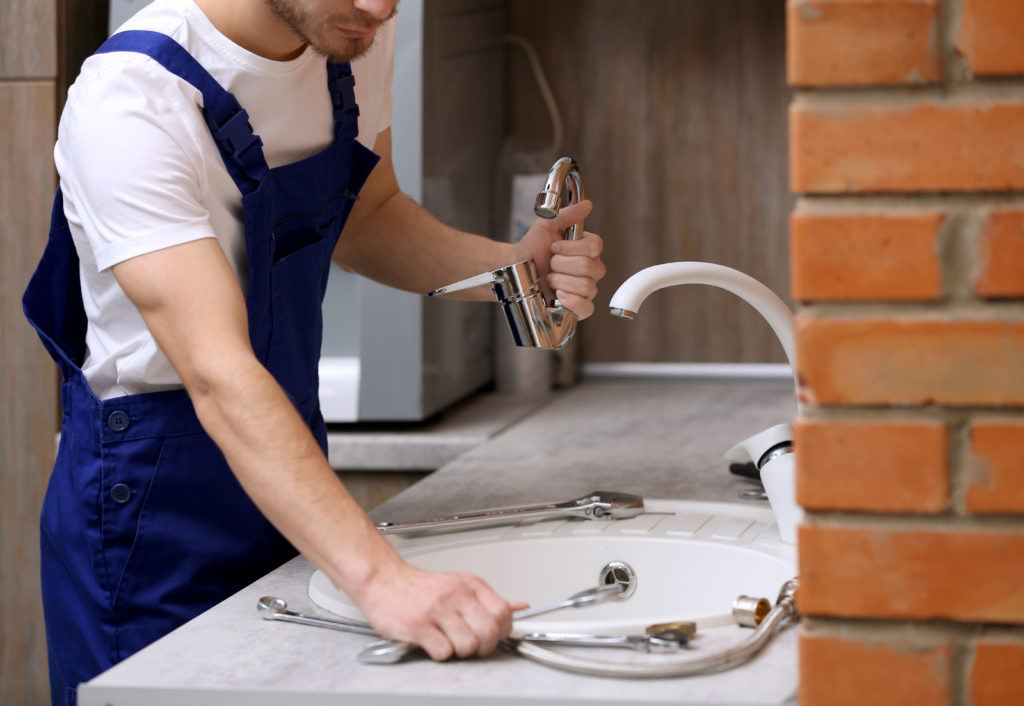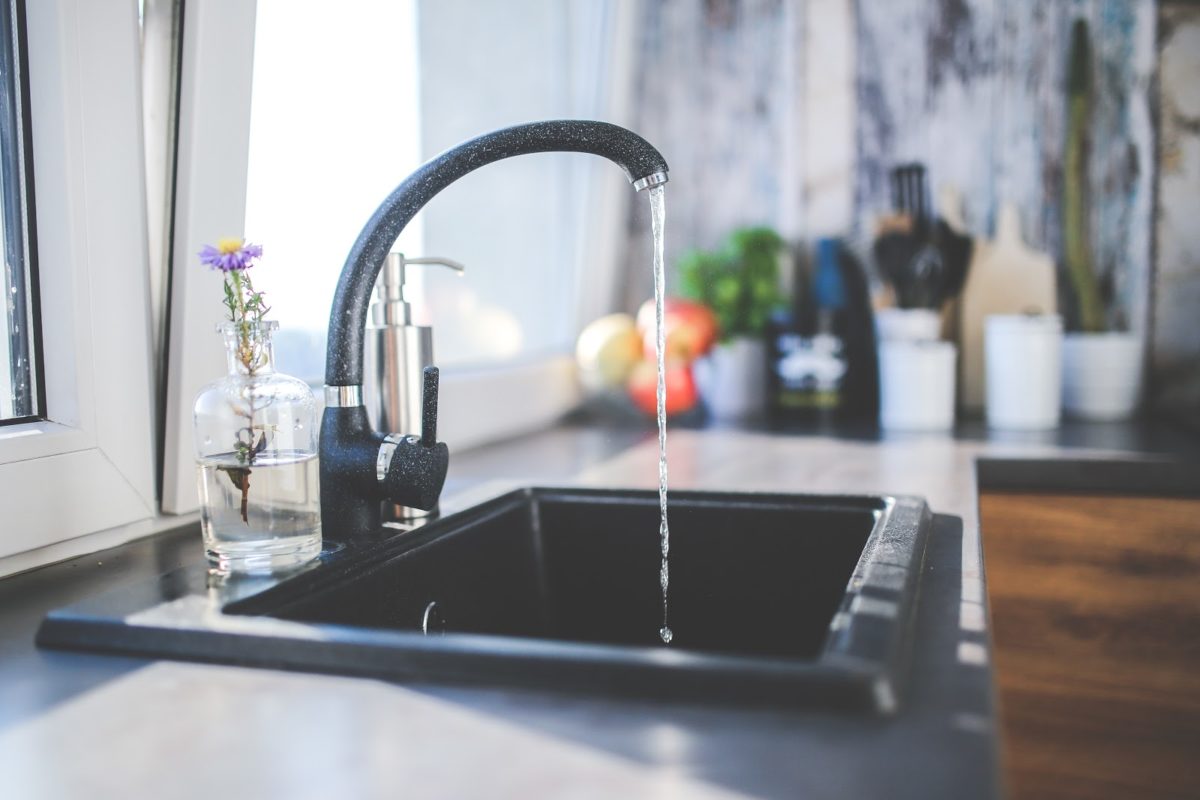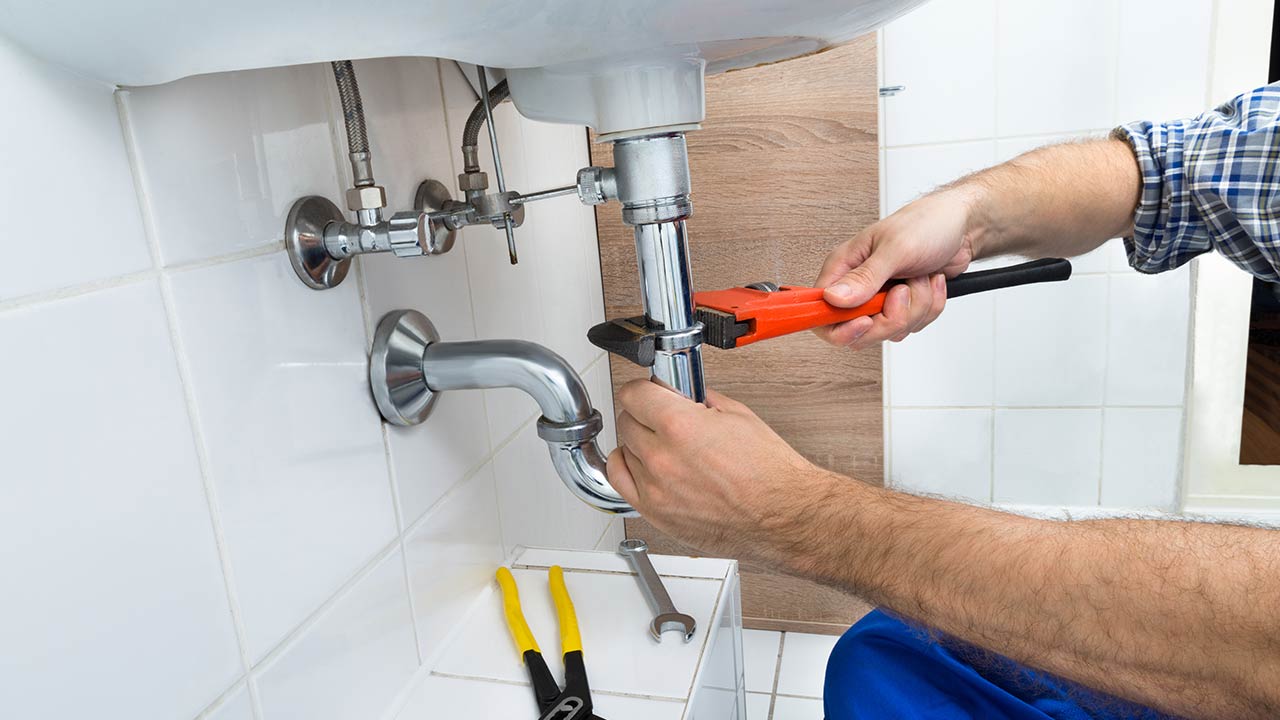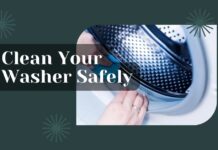Each year, most homeowners anticipate having to call a plumber at least once or twice for help with repairs. While these are inevitable over the time you live in your home, they can be minimized with regular maintenance. If you want to play a more active role in keeping your home up-to-date, then it’s very possible to do many maintenance tasks on your own. Some that are the most pleasant and easy to tackle, even for beginners, can be found below.
1. Practice Proper Sink Care
Placing oils and fats into your sink means that they’ll go down the drain. When this happens, they are likely to harden within the drain pipes, which can cause blockages that quickly become huge problems when you wash dishes. For this reason, you never want to put oils or fats (including butter) into the sink. You should also make sure to avoid placing stringy foods, such as celery and banana peels, into the garbage disposal.
2. Clear Shower and Sink Drains
It’s common for shower and sink drains to get filled with hair and other debris with regular use. To prevent this from causing major backups, it’s important to regularly clean drains out using a pipe snake. These can catch quite a bit of debris that you simply pull up and throw away. To avoid hair and soap from building up in the pipes after this, it’s recommended to place a drain cover over the drain and clean it out regularly.
3. Don’t Flush Everything
Although many wipes and feminine care products are labeled as “flushable”, they can still cause buildup within your pipes and lead to a backed up toilet. It’s best to throw these types of items into the trash rather than the toilet to help prevent clogs from occurring. As a general rule of thumb, only waste and toilet paper should be actually flushed down the toilet. If you don’t know how to unclog a toilet without a plunger, this article will help you a lot.
4. Avoid Corroding Your Pipes
Many individuals don’t realize that pipe-clearing products can actually damage their pipes by causing corrosion. This is why it’s recommended to avoid these types of chemical products and use pipe snakes to remove debris as often as possible. For larger clogs that just won’t go away, the experts at Definitive Plumbing recommend calling in a professional as soon as you notice the problem. Allowing a clog to sit will only result in it getting worse.
5. Check for Leaks
If you catch leaks as soon as they occur, you can have repairs done quickly and avoid water damage. To identify if there are any leaks, you’ll want to begin by checking your faucets each week. Turn them on to make sure there is only water coming out of the faucet and not the handles or base. You should also check knobs around the toilet to see if any moisture is present. These checks only take a few minutes and can give you peace of mind knowing that there are no leaks present.
6. Prepare for Cold Weather
When winter comes around, you should make it a priority to remove all outdoor water hoses from the spigots that they are connected to. This will prevent the hose from freezing, which can lead to indoor pipes bursting from expansion. It’s also recommended to drain outdoor water lines, turn off water valves, and check for drips or leaks. If something doesn’t work properly, then have a plumber come and address the problem before colder weather hits.
7. Reduce Water Pressure
Increased water pressure adds more stress to the pipes within the home. Unfortunately, this can reduce the longevity of your plumbing system and mean experiencing more repair issues in the future. To help with this, it’s recommended to invest in a hose bib gauge. This will tell you what the water pressure in your home is so you can determine whether you need a professional to come in and help.
8. Keep Your Water Heater Healthy
Water heaters should be set at 120 degrees Fahrenheit and regularly flushed out to get rid of sediment buildup. If there are leaks present, then a licensed plumber should perform repairs as soon as possible to avoid potential water damage caused by leaks and bursting pipes.
9. Soften Your Water
A water softener can help reduce the buildup of minerals inside of your home’s pipes. While it is an investment, it’s well worth it if you live in an area with hard water. Fortunately, in addition to reducing mineral buildup, softer water can also help reduce soap scum, water consumption, and stiff clothing. It can even help save you money on your water bill so you spend less throughout the year.
10. Have Your Pipes Cleaned
Although there are many ways to maintain your plumbing on your own, professional help is something you should still take advantage of. Sewer main line cleaning, in particular, is something you should have a licensed plumber help with. This can reduce clogs and ensure that blockages are cleared so you don’t end up with sewage backing up into your home at the most inopportune time.
Is Maintenance Really Important?
By performing regular maintenance on your plumbing system, you could potentially prevent issues that waste water and cost you money. This attention can also help keep your water clean and reliable. Although it’s true that maintaining a water system does take time, it’s worth it if you want to do your best to avoid huge water issues in your household.
Keeping Your Household Plumbing in Good Shape
Paying attention to your plumbing can go a long way when it comes to keeping your pipes in good shape. However, you shouldn’t stop with that. You should also pay attention to what goes down your drains, whether it’s in a sink or your toilet. Last, but not least, it’s important to always call a professional plumber when you need their help. From repairs to replacements, they will make sure work is done properly so you don’t run into major issues that damage your home and cost you a lot of money.

